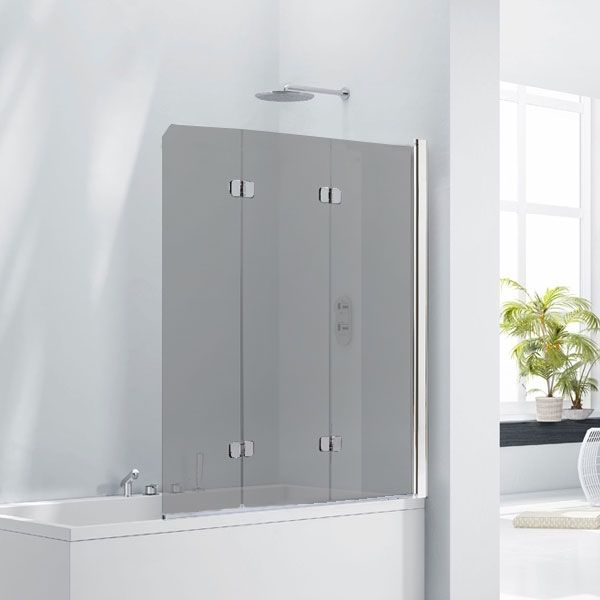HEAT SOKED GLASS
Today, the use of glass in the cladding of buildings has gained wide popularity due to its inherent nature of resisting chemicals, scratching, marring and weather. Although most tempered glass offers a certain degree of resistance to breakage, all fully tempered glass are potentially at risk of spontaneous breakage due to the formation of nickel sulphides during glass production. The mechanism for the formation of nickel sulphide in glass cannot be totally eliminated.
Where nickel rich contaminants such as stainless steel are present in the glass melt materials, the nickel may combine with Sulphur in the batch or furnace fuels to form an impurity called nickel sulphide (NiS). All fully tempered glass can be heat soaked to reduce the probability of spontaneous breakage to its lowest level.
The concept of heat-soaking is defined as the transfer of potential on-site breakage of tempered glass to breakage in the factory under a controlled process of accelerating the inversion of nickel sulphide stones to their low temperature phase.
